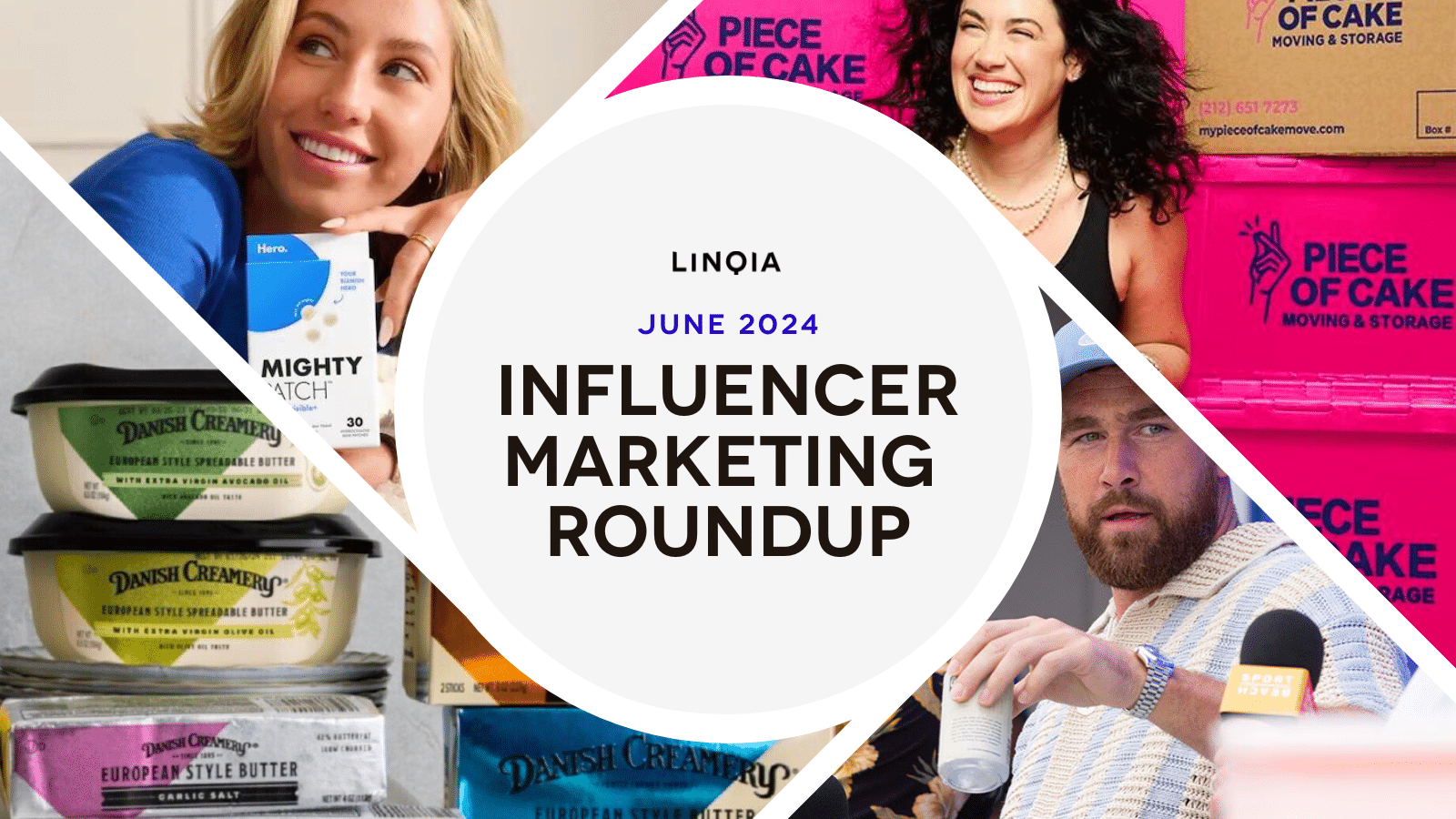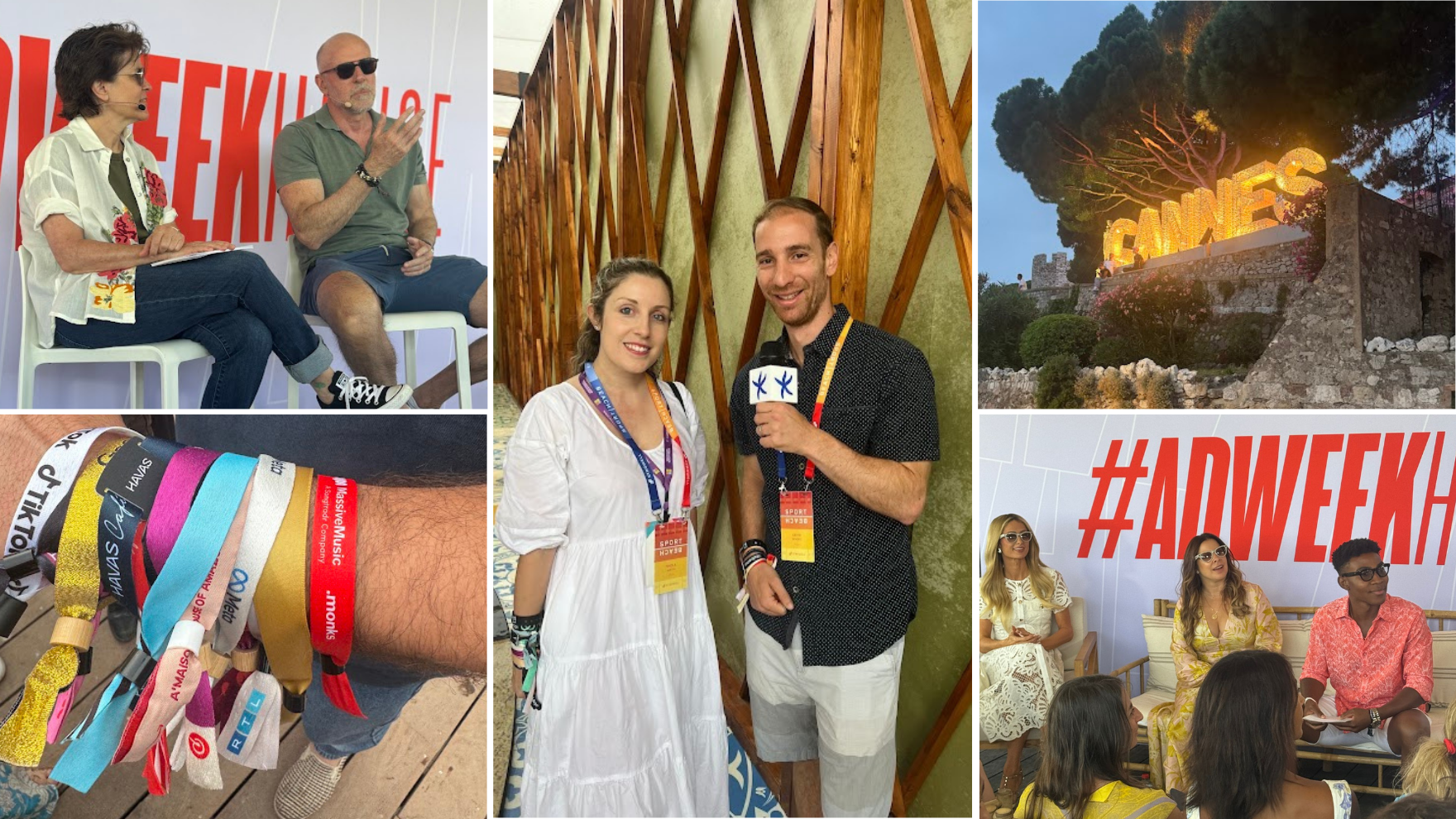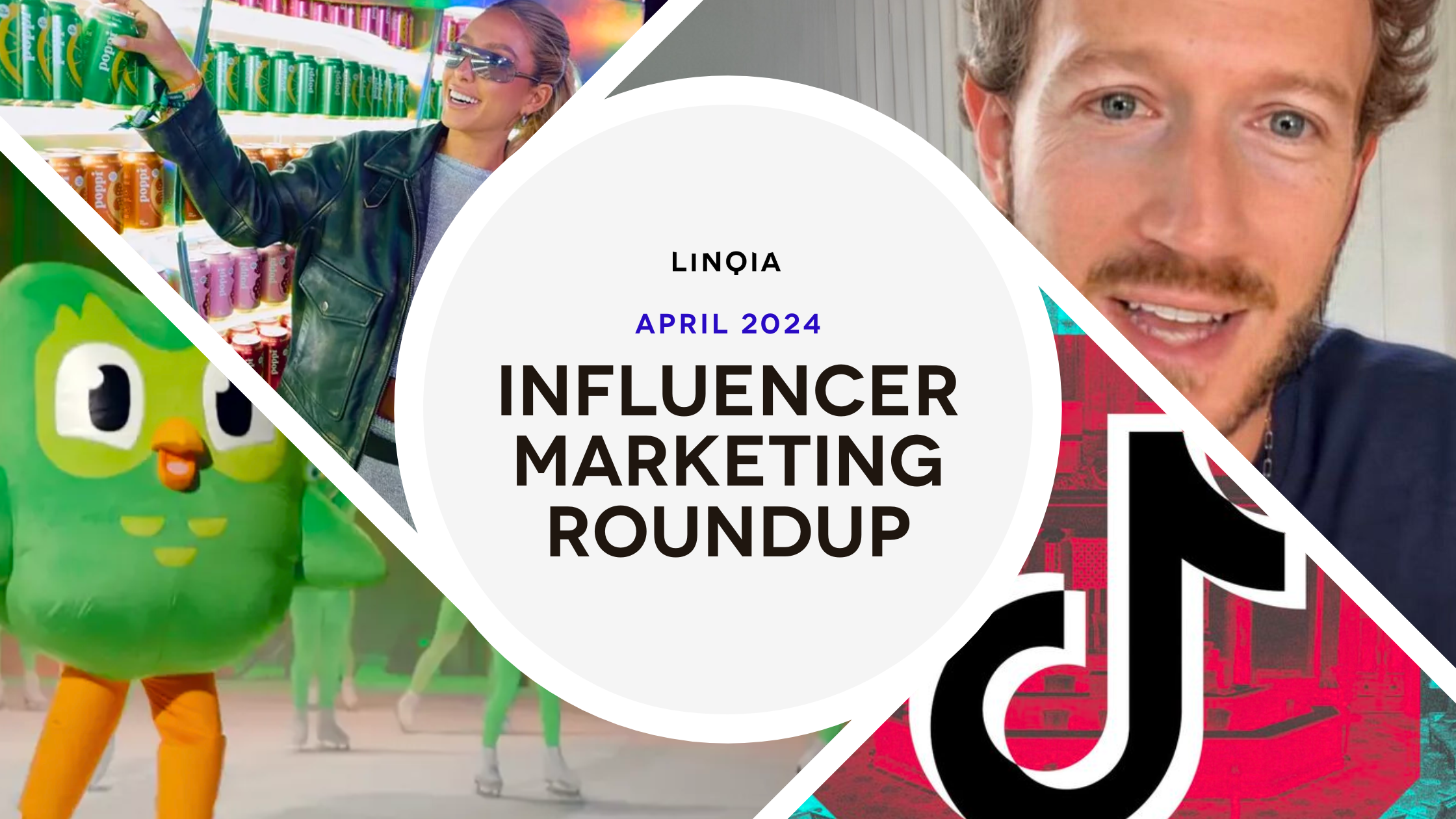Take a moment and think of the last meeting you were in. Do you remember what was said? Unless you’re a robot, odds are you’ve forgotten at least half of the discussion. The average brain will forget 46% of a conversation after 20 minutes; after a day, that percentage jumps to 66%.
But, there are ways to combat the brain’s natural forgetfulness. According to memory researchers, information stays longer if it’s consumed in story-form. Stories are more memorable and persuasive than individual facts or stats because they are sticky. For example, one study observed Stanford University students who were tasked with giving a short speech from a set of statistics by telling a story or using only facts. When their classmates tried to recall the speeches, 63% remembered the stories compared to only 5% who remembered any individual statistics. Another study found that a defense attorney who explained the events of a crime as a story was far more likely to convince the jury of the client’s innocence than a defense attorney who solely relied on sharing facts.
It’s no wonder, then, that 75% of marketers today include some form of influencer marketing in their business strategies. Influencers are experts at telling stories. In fact, they’ve amassed their audiences organically because of their ability to emotionally connect with their readers.
Stories plant deeper seeds than billboards, statistics, or discount offerings. And in a world where the human attention span has shrunk to less than that of a goldfish, memorability is crucial to a company or brand’s success. After all, consumers can’t purchase a product or service if they don’t remember it exists.
What makes influencer stories more memorable than branded content and ads?
To start, they are communicated in “plain English.” Influencers are regular people who are passionate about a topic, and while they are experts in their interest areas, they don’t write like PR or marketing professionals. They remain conversational in their posts and write like they speak to their friends and family, so their readers can easily relate to and remember their stories.
Secondly, influencers create emotionally charged content that is true to their lives. When an influencer describes funny anecdotes or details bad days, their follower’s brains react as if they’ve experienced the joy or sadness themselves. This empathy makes the reader invested in the story, imprinting it in their memory and driving a curiosity for what happens next. When influencers anchor the brand or product within a personal experience, it creates a contextual story that is easily recalled.
Lastly, the connection between influencers and their audiences gives influencer stories credibility, especially in comparison to brand-created content. Only 1% of Millennials trust compelling brand ads, compared to 89% who do trust recommendations from people they are connected to.
And while all of these factors are important to making influencer stories stick, the key to supercharging storytelling effectiveness is repetition. According to the psychological learning theory of spaced repetition, repeated exposure to an influencer narrative over extended periods of time maximizes the influential abilities of a story.
Studies of this theory found that subjects remembered events longer and with greater accuracy when the events were recalled over a period of time rather than directly after first exposure. The more times the subjects recalled information over spaced intervals, the more memorable the story or event became.
The best influencer programs are executed with intervals in mind, as the storytelling is more powerful when it takes place over a longer duration. Construct a program that spans 3-4 weeks with a higher frequency of content sharing on faster moving channels like Twitter, Instagram, and Facebook. The repeated exposure makes it easier for the content to stick in people’s minds as each new message will trigger the familiarity of having seen it before.
Linqia’s Storybook influencer marketing model is designed to be sticky. A Storybook touches audiences at multiple points with an evolving story over time, inspiring the audience to take action while sharing the a brand’s messaging. Reach out to our sales team to learn how a Storybook influencer program can achieve your marketing goals.




